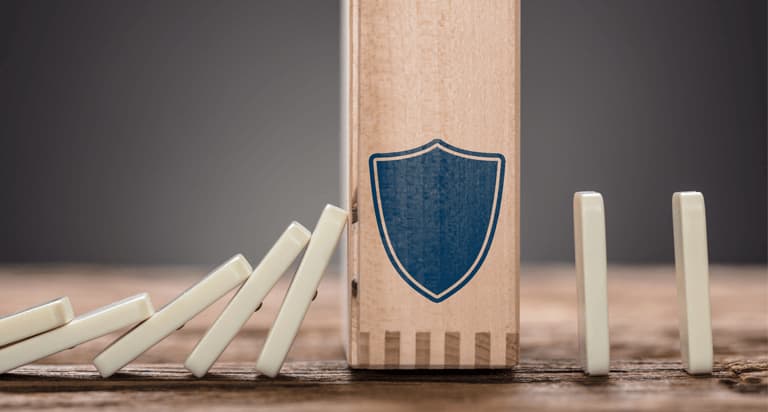Is Your Great Credit Score A Target For Fraud?

Highlights
-
Fraudsters target individuals with healthy credit: People with good credit scores are at higher risk of identity theft as fraudsters open credit cards in their name, often using falsified identification and different contact information.
-
Recognizing fraudulent activity is key: Be vigilant for signs of fraud, including unexpected mail, calls from debt collectors, denials for credit due to damaged credit, and unfamiliar accounts or inquiries on your credit reports.
-
Prompt action is crucial if fraud is suspected: If you suspect identity theft, immediately contact affected companies, file a police report, report the incident to the Canadian Anti-Fraud Centre, and place a fraud alert on your credit reports with both Equifax and TransUnion.
When it comes to credit card fraud, a good credit score can make you a target for identity theft. Fraudsters actively seek out and assume the identities of people with healthy credit histories and apply for new credit accounts in their name. In fact, people with credit scores above 800 are most at risk, according to the latest 2025 fraud data from Equifax Canada.
How Does a Fraudster Open a Credit Card in My Name?
Fraudsters use the same name and date of birth as their victim but provide a different address, phone number and/or email address to intercept communications from the lender.
They also use falsified identification and documentation, like a fake driver’s license, to support their applications.
While fraudsters are more likely to target people with healthy credit histories, they are increasingly targeting people regardless of their credit scores, according to 2025 fraud data from Equifax Canada.
How Will I Know If Someone Has Opened a Credit Card in my Name?
-
Sign up for Credit Monitoring and Alerts: A service, like the Equifax Complete™ suite of products, will alert you of key changes to your Equifax credit report and score allowing you to spot fraudulent activity.
-
Check Both Credit Bureaus: Review your Equifax and TransUnion credit reports for new, fraudulent accounts.
-
Scrutinize Hard Inquiries on Credit Reports: Look for numerous, recent inquiries for credit you didn’t apply for.
-
Look for Unfamiliar Accounts: Check for unauthorized open or closed accounts on your credit reports.
-
Watch for Unexpected Mail: This can include welcome packages or bills from a bank or financial institution where you’ve never applied for credit.
-
Be Alert for Debt Collector Calls or Letters: Unfamiliar collection agencies contact you about unpaid cards or accounts you didn’t open.
-
Investigate Identity-Related Denials: If telecom providers or landlords deny your application after a credit check, it may signal damaged credit.
What Should I Do If I Suspect Fraud?
-
Contact the Affected Companies: Call the bank or financial institution that issued the fraudulent card and report the identity theft.
-
File a Police Report: Report the incident to your local police service or RCMP detachment and request a case reference number.
-
Report the Fraud to the Canadian Anti-Fraud Centre (CAFC): Report the incident to the CAFC (online or by calling 1-888-495-8501) as they collect intelligence on fraud across Canada and assist law enforcement
-
Contact Both Credit Bureaus: Ask Equifax and TransUnion to place a Fraud Alert on your credit report. This warns lenders and encourages them to contact you to verify your identity before approving any new credit applications.
Our Identity Theft Protection section has more information about how fraudsters can steal your identity, how you can help stop it, and what to do if you’re a victim of identity theft.
With Equifax CompleteTM Premier, we monitor your credit report and score to help you spot signs of fraud. And if your identity is stolen, we'll help you recover.



